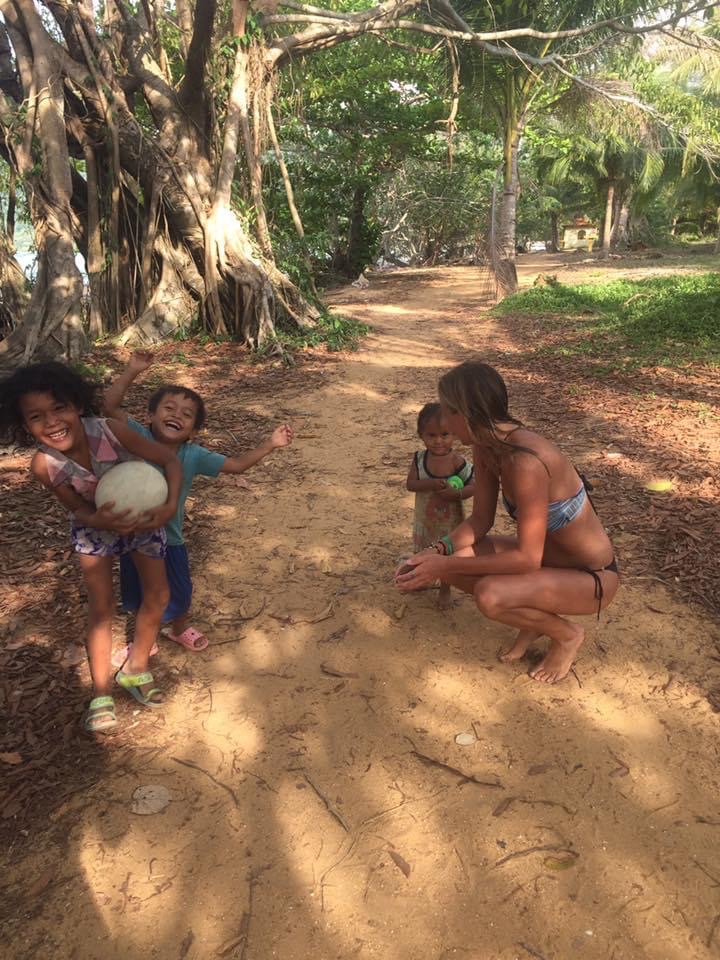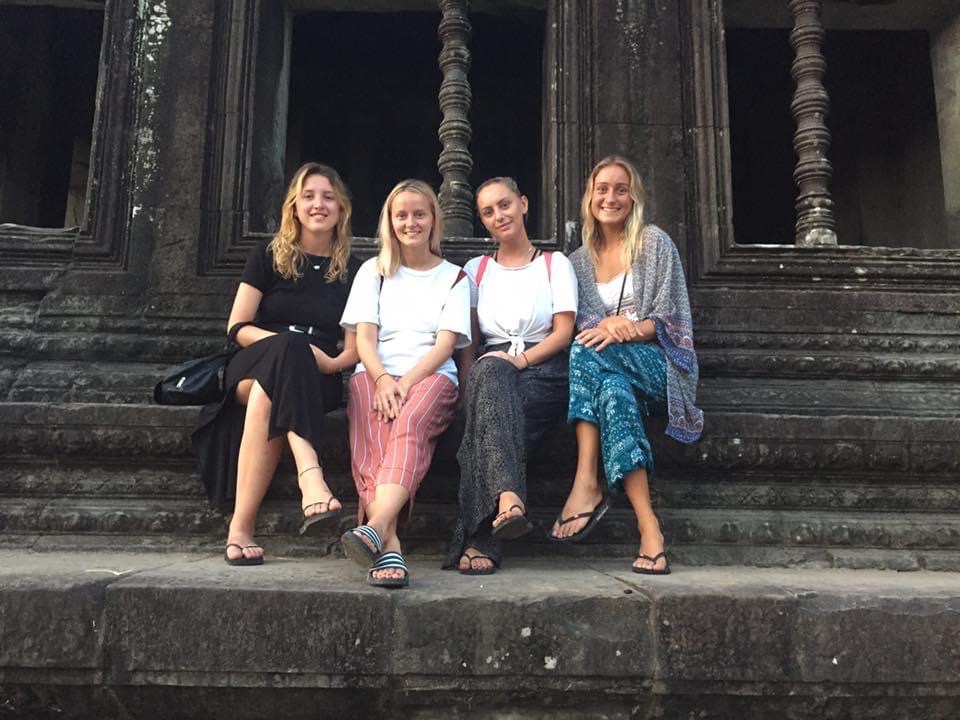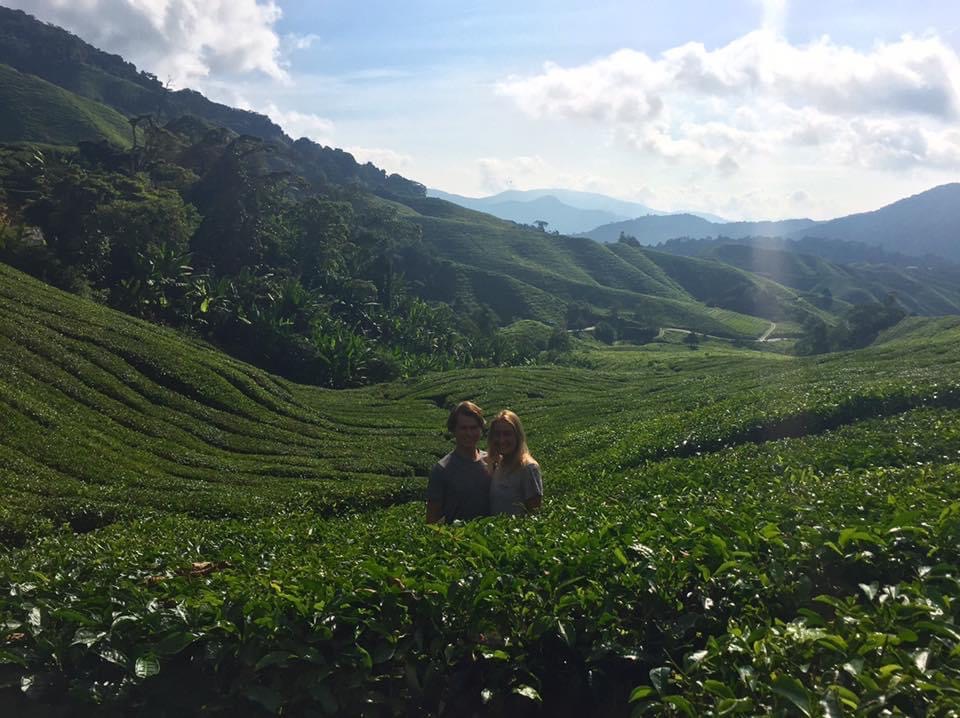Category B: Global Competency Related Courses – 5 points
NURS 1730: Health and Healing 1: Living Health
My first health and healing course placed emphasis on the Indigenous ways of knowing, cultural practices, and traditions. There was large emphasis on cultural humility, cultural sensitivity, and providing culturally safe care. We had several Indigenous community members come to our class to teach us about Indigenous culture. We did several field visits – one to Pipsel lake and the other to the residential school. Through this course, we were introduced to the intersection of Indigenous health and Eurocentric health. We explored the effects of colonialism, racism, and marginalization and how we can act to change our health care system to become safer for our Indigenous allies.
NURS 2300: Interdisciplinary Indigenous Health
My interdisciplinary course introduced allied health, social work, respiratory therapist, and nursing students to indigenous health in Canada and our role within the system as a team. In particular, we focused on the Indigenous ways of knowing and being within the context of holistic health. This serves as foundational knowledge pedagogy for our future healthcare teams. This education provided a baseline understanding of the social-culture, historical and contextual determinants of health for Indigenous peoples. We experienced with education thought a decolonization framework that incorporated local knowledge, methodologies, and practices of Indigenous peoples. We learned in depth about Two-Eyed seeing and honouring traditional ways of knowing. This course taught me the important of facilitating collaboration amongst other healthcare professions to plan services that improve Indigenous health.
NURS 3170: Relational Practice: Connecting Differences
This nursing course focuses on the everyday relational practices and complexities of difference between clients and contexts and the interplay of multiple perspectives. This course challenges us to explore the impact of different beliefs systems and biases without our culture and how these may impact of ability to care for other cultures. We engaged in critical self-reflection and learned about self-reflection as a continuous practice to provide safer and more culturally competent care. We further learned about relational processes that can be sued to foster ethical, safe, trusting, collaborative, and empowering relationships with our clients. It was through this course that I learned the significance of implicit biases and how they could potentially impact my healthcare practices in an adverse way. I can now move forward in my nursing career with the skills to navigate implicit bias and provide safer care to my multicultural patients.
NURS 3500: Community and Societal Health
My NURS 3500 course placed emphasis on community and societal health, with a focus on the role of a nurse in the promotion of wellbeing for the community as whole. In this course, we learned about our political role as nurses from a social justice and equity perspectives and explore ways in which we can promote social justice and equity within our community. We further explored community development and capacity building as patterns of health promotion, and we learned about emancipatory approaches to creating healthy communities. This course touched on the importance of cultural safety and consideration when working in new communities, and to foster therapeutic relationships with key stakeholders and community leaders. We also learned about Indigenous rights and how to support our Indigenous allies towards self-determination, particularly within healthcare. Further, we deconstructed colonial thinking to counter the effect of colonization on Indigenous health and wellbeing, while also incorporating traditional protocols, languages and cultural practices.
NURS 3830: Health 6: Promoting Health
My 3830 course has been, by far, one of the most culturally informative courses in relation to my role as a healthcare providers. I learned about global health concerns, focusing on current and relative issues that people and communities are facing at this present time. This course placed emphasis on the emerging health issues and trends and broadened my knowledge on the inequities and varying accesses to health and healthcare across the globe. We expanded on the social determinants of health to a global perspective and learned about which social determinants are more imperative in other parts of the world. Moreover, we learned about factors impacting the health of Indigenous peoples globally. We also learned about the nurses role during global disaster and how to provide culturally safe and competent care during these adverse events.
Category C: International Experience: International Volunteer Experience – 7 points
Africa
I travelled to Asemko in Ghana, Africa in 2012 with a group of students from Vernon Secondary School (VSS) as a volunteer trip through the Free the Children Foundation. During this trip, we assisted with building several schools, digging wells, removing debris, and learned about their culture. We were introduced to their way of living and built relationships with the local children . We were welcomed on a tour of the village where we had the opportunity to learn about staple food items and traditional meals and fabrics and jewellery made by the women for trade. We also were brought to the fisherman shores were they taught us how to fish and make nets. During this time we had several opportunities to join in the school sessions to learn like the children learn, as well as invite the children to our educational sessions where they participated in the lessons from the foundation with us.

Vietnam
Vietnam was the entry point to my solo four-month backpacking trip through South East Asia (SEA). This trip was the most challenging and life-changing trips I have ever been on. I spent three weeks in Vietnam, learning about cultural practices in SEA and the traditions of the Vietnamese people. I spent many hours by myself learning the language and touring historical landmarks. One significant experience was towards the end of my trip, where a Vietnamese family invited me to join them for dinner. I spent hours with them indulging in Vietnamese cuisine, teaching each other our languages, and sharing stories of our families. This serves as a special memory to me that I reflect back to when I interact with different cultures in my nursing practice.

Laos
Laos was the most eye-opening of all my stops during the SEA backpacking trip. This country was raw and beautiful, and the people lived authentically off the land. Here, there was very little financially wealthy people, but instead, they were wealthy with love and lifestyle. The people were so happy and authentic, truly living life to their happiest. The lifestyle here involves meditation and living off of the land, which I was honoured to learn about. Laos is also one of the few countries that still has active landmines from World War II – this was very interesting to learn about.

Thailand
I spent a total of four weeks in Thailand and has the opportunity of travelling through the north, south, mainland, and islands. I spent a large portion of my backpacking trip in this country, as I really connected with the people here. When I was in the north, I immersed myself in their religion, and visited religious sites. I learned about some of the common religious practices and was welcomed on several tours. I was privileged to visit some places of worship with the locals. While I was on the mainland, I learned a lot about cuisine and the language. I spent some time in cooking classes where I learned how to make traditional dishes (I was able to bring these recipe back home to cook for my family and friends). I also learned a lot about what is considered to be “polite” practices within the country – i.e. how to greet people, what is respectful, what is considered disrespectful. During my time in the south, I explored the jungle and learned about the native animals and habitats. And finally, on the islands I was introduced to scuba diving and marine life protection. I spent two weeks here learning about ocean sustainability and ocean-clean-up projects.

Cambodia
During this part of my SEA trip, I spent some time in a river town in the jungle. Here I learned about native wildlife and the significance of the river. I also spent some time in Phnom Penh where I learned about the Cambodia genocide, Khmer Rouge. I later went to explore the islands of Cambodia, and was able to live in solitude, away from the rest of civilization. Here, I indulged in the Cambodian culture, learning about their language and practices. I was welcomed to an event on the ocean, where we experienced bioluminescent plankton. I also spent some time visiting daycare and schools in Cambodia to learn about their system’s strengths.


Malaysia
Malaysia was very different from the rest of SEA. I noticed that the architecture and ways of living were more similar to that of North America. Here, I spent time in Kuala Lumpur, the capital, where I supported many businesses and explored local flea markets. I then spent time in Pahang, exploring the tea fields and learning about this industry. I also was able to spend some time in the jungle here and learn about the wildlife. Finally, I spent some time on the islands, learning about traditional food sources, marine life, and ocean sustainability.

Egypt
In 2018 I went on a four week trip backpacking through Egypt. This trip was by far one of the most eye-opening and cultural-immersed trips that I have ever been on. I was privileged to learn about rich history and visit many sacred tombs and sanctuaries. I learned very quickly that Egypt is very proud and protective of their culture – they take all measure to protect the authenticity of the remaining tombs and artifacts. Additionally, Ramadan took place during the time that I was there which was a beautiful cultural experienced. During the first night of Ramadan, I was invited into four different Egyptian homes to feast on delicacies with the families. I remember walking the streets to go find dinner and instead, dinner found me! I had so many wonderful families inviting me to join them. It was truly incredible. Similarly, during the last 10 days of my trip, I was invited to join in the community area to share dinner with everyone in the village. I went with the community members for five nights, learning about their culture, traditional meals, Ramadan practices, and the significance of Ramadan.

Category E: Volunteer Related Activity in Canada – 5 points
Volunteer at RHJ in 2017 - 35 hours
I volunteer at Royal Jubilee Hospital for several months in 2017. During this time, I worked with an array of patients from different cultural backgrounds. I spent most of my time volunteering in the Mammography clinic, where I prepped and escorted women through the procedure. I had to be very mindful of interactions with these women, as many of them were vulnerable and anxious about the results. Similarly, some women from different cultural backgrounds, were uncomfortable with the intimacy of these examinations, so I had to be very mindful of their boundaries and levels of comfortability. I also volunteered at the admissions desk in the emergency room and main foyer. Here, I helped direct families and visitors to room, and arranged translators for those who required this service. This volunteer position allowed me to work with vulnerable people from a variety of cultural backgrounds. I appreciate my opportunity to work so closely with patients and make connections with them.